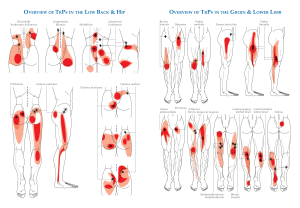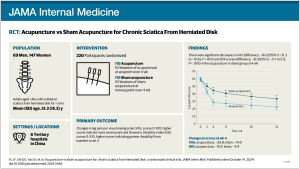Smoking And Its Impact On Your Spine Surgery Risk

Category: | Author:
We all know that smoking increases your risk of certain health issues, and the habit can be particularly harmful for the integrity of your spinal column. Smoking has been shown to significantly increase a person’s risk of needing to undergo a surgical procedure to address spinal stenosis in their lumbar spine. But just how much does smoking affect a person’s risk of needing the spinal procedure, and how much can this risk be curbed by reducing or eliminating the habit? We answer those questions and more in our blog on smoking and spinal stenosis surgery risk.
Smoking And Spinal Stenosis Surgery Risk
To get a better understanding of the impact of smoking on our lumbar spine health, let’s turn to a out of Sweden. In that study, researchers took a closer look at the spines of 331,941 construction workers who were part of a nationwide occupational health registry. Workers were tracked for an average of more than three decades, typically beginning when the individual was in their thirties. Overall, 1,623 of them eventually underwent surgery to correct lumbar spinal stenosis.
Researchers compared this data to self-reported smoking habits, and they found a distinct connection between the habit and the likelihood of needing lumbar spinal stenosis surgery. Researchers found:
- Heavy smokers, who smoked at least 15 cigarettes a day, were 46 percent more likely to undergo lumbar spinal stenosis surgery compared to those who never smoked.
- Moderate smokers, who smoked no more than 14 cigarettes a day, were 31 percent more likely to undergo lumbar spinal stenosis surgery compared to those who never smoked.
- Ex-smokers, who had previously smoked but had since kicked the habit, were 13 percent more likely to undergo lumbar spinal stenosis surgery compared to those who never smoked.
So while it’s obvious that smoking can greatly increase your risk of needing lumbar spinal stenosis surgery, researchers say that the risk can be curbed by working to kick the habit.
“Smoking appears to be a risk factor for developing lower spine space narrowing that can lead to surgical treatment,” said senior study author Dr. Arkan Sayed-Noor. “Quitting smoking can reduce the risk.”
Only about 15 percent of the adult population in the US still smokes tobacco, but that still represents millions of Americans, many of whom will undoubtedly need to undergo a surgical procedure to address the impact the habit has had on their back. If you are a smoker, we’re not here to judge, and we want to help you kick the habit so that you don’t need a costly spine surgery and extensive recovery program in your future. We have helped patients kick the habit before and after surgery in the past, and we’ll be happy to connect you with some resources to help you take the first step in becoming a healthier version of yourself.
It’s never too late to kick the smoking habit and build a better future for your spine. If you have questions about quitting or want help with an unrelated spinal issue that you’re facing, let Dr. Sinicropi and the team at The Midwest Spine & Brain Institute help. For more information, or to set up an appointment, give our team a call today at (651) 430-3800.
Related




